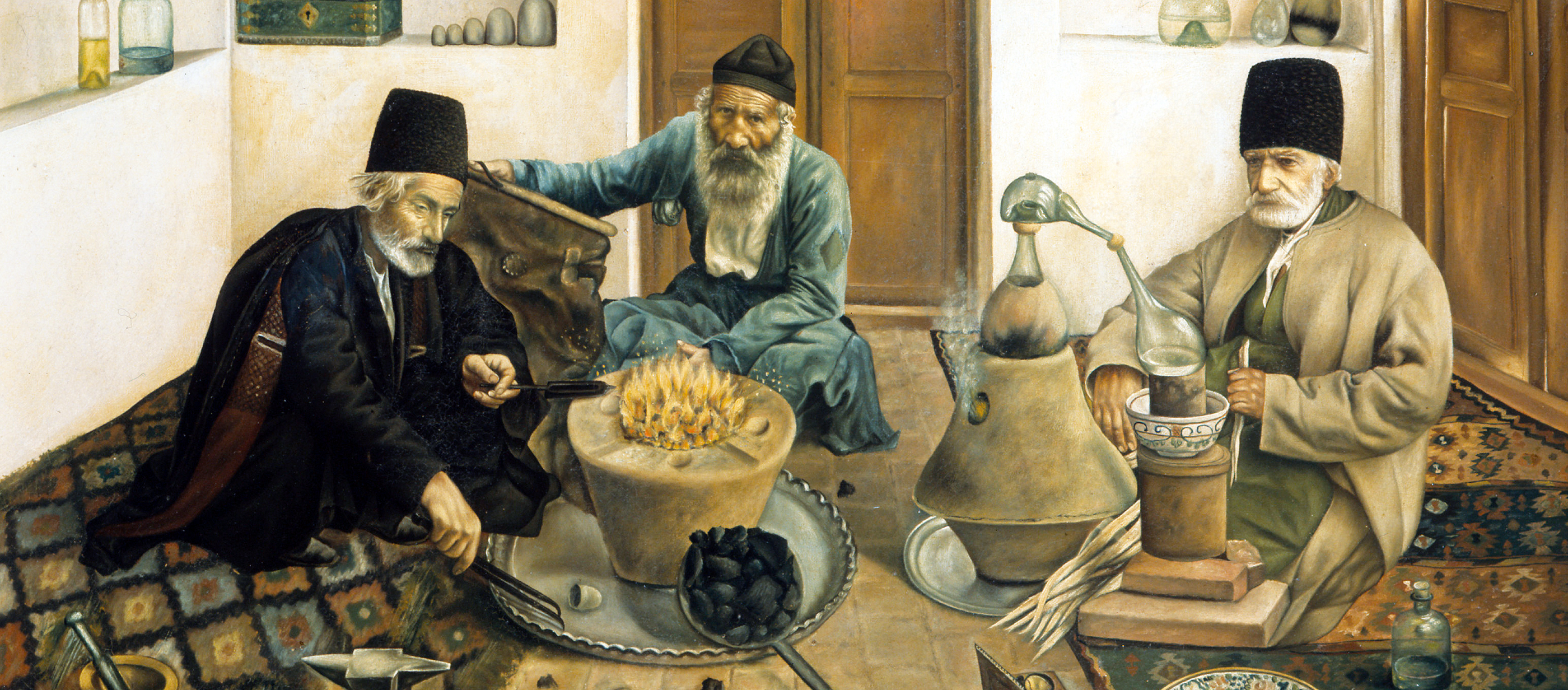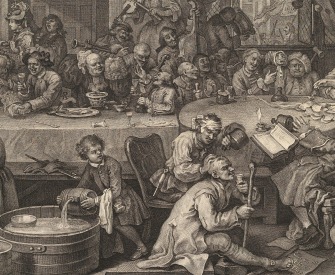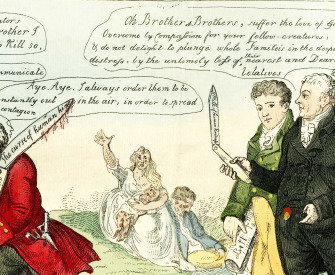Poor and restricted are our opportunities in this life, narrow our horizon, our best work most imperfect, but rich men should be thankful for one inestimable boon. They have it in their power during their lives to busy themselves in organizing benefactions from which the masses of their fellows will derive lasting advantage and thus dignify their own lives. The highest life is probably to be reached, not by such imitation of the life of Christ as Count Tolstoy gives us, but, while animated by Christ’s spirit, by recognizing the changed conditions of this age and adopting modes of expressing this spirit suitable to the changed conditions under which we live, still laboring for the good of our fellows, which was the essence of his life and teaching, but laboring in a different manner.
This, then, is held to be the duty of the man of wealth: first, to set an example of modest, unostentatious living, shunning display or extravagance; to provide moderately for the legitimate wants of those dependent upon him; and after doing so, to consider all surplus revenues which come to him simply as trust funds, which he is called upon to administer, and strictly bound as a matter of duty to administer in the manner which, in his judgment, is best calculated to produce the most beneficial results for the community—the man of wealth thus becoming the mere agent and trustee for his poorer brethren, bringing to their service his superior wisdom, experience, and ability to administer, doing for them better than they would or could do for themselves.
Those who would administer wisely must indeed be wise, for one of the serious obstacles to the improvement of our race is indiscriminate charity. It were better for mankind that the millions of the rich were thrown into the sea than so spent as to encourage the slothful, the drunken, the unworthy. Of every thousand dollars spent in so-called charity today, it is probable that $950 is unwisely spent; so spent indeed, as to produce the very evils which it proposes to mitigate or cure. A well-known writer of philosophic books admitted the other day that he had given a quarter of a dollar to a man who approached him as he was coming to visit the house of his friend. He knew nothing of the habits of this beggar, knew not the use that would be made of this money, although he had every reason to suspect that it would be spent improperly. This man professed to be a disciple of Herbert Spencer; yet the quarter-dollar given that night will probably work more injury than all the money which its thoughtless donor will ever be able to give in true charity will do good. He only gratified his own feelings, saved himself from annoyance, and this was probably one of the most selfish and very worst actions of his life, for in all respects he is most worthy.

The Alchemists, by Mehdi, 1893. Golestan Palace Library, Tehran, Iran.
In bestowing charity, the main consideration should be to help those who will help themselves; to provide part of the means by which those who desire to improve may do so; to give those who desire to use the aids by which they may rise; to assist, but rarely or never to do all. Neither the individual nor the race is improved by alms-giving. Those worthy of assistance, except in rare cases, seldom require assistance. The really valuable men of the race never do, except in cases of accident or sudden change. Everyone has, of course, cases of individuals brought to his own knowledge where temporary assistance can do genuine good, and these he will not overlook. But the amount which can be wisely given by the individual for individuals is necessarily limited by his lack of knowledge of the circumstances connected with each. He is the only true reformer who is as careful and as anxious not to aid the unworthy as he is to aid the worthy, and, perhaps even more so, for in alms-giving more injury is probably done by rewarding vice than by relieving virtue.
Thus is the problem of rich and poor to be solved. The laws of accumulation will be left free, the laws of distribution free. Individualism will continue, but the millionaire will be but a trustee for the poor, intrusted for a season with a great part of the increased wealth of the community, but administering it for the community far better than it could or would have done for itself. The best minds will thus have reached a stage in the development of the race in which it is clearly seen that there is no mode of disposing of surplus wealth creditable to thoughtful and earnest men into whose hands it flows save by using it year by year for the general good. This day already dawns. But a little while, and although, without incurring the pity of their fellows, men may die sharers in great business enterprises from which their capital cannot be or has not been withdrawn and is left chiefly at death for public uses, yet the man who dies leaving behind him many millions of available wealth which was his to administer during life will pass away “unwept, unhonored, and unsung,” no matter to what uses he leaves the dross which he cannot take with him. Of such as these the public verdict will then be: “The man who dies thus rich dies disgraced.”
Such, in my opinion, is the true gospel concerning wealth, obedience to which is destined some day to solve the problem of the rich and the poor, and to bring, “Peace on earth, among men, goodwill.”
From “Wealth,” an article published in the North American Review. Immigrant bobbin boy at age twelve in 1848 and superintendent of the Pittsburgh railway eleven years later, Carnegie built the first major American steel plants in the 1870s, eventually selling his company to J.P. Morgan for $250 million in 1901. Over the course of the next eighteen years, Carnegie gave away $350 million—almost the whole of his fortune—to the philanthropic work of building libraries and promoting the cause of international peace.
Back to Issue




